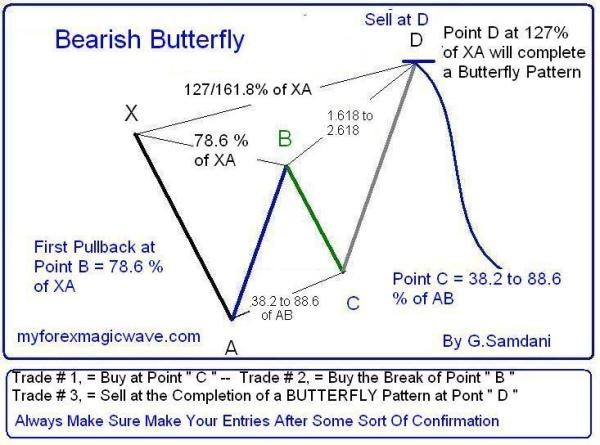Eight Items That Impact Daily Trades_1
Post on: 16 Март, 2015 No Comment

Trade: Specialization, Exchange, and Efficiency
BRIEF OUTLINE
- REVIEW: What have we already learned about trade?
- Introduction
- The Economic Basis for Specialization and Exchange — Comparative Advantage and Trade
- Differences in Resource Endowments
- Differences in Preferences
- Differences in Productivity / Absolute Advantage
- Differences in Opportunity Costs / Comparative Advantage
- Calculating Opportunity Costs
- Self Sufficiency Before Specialization
- Specialization, Exchange, and the gains from trade

Here we will add to our understand of trade by introducing the very important concept of COMPARATIVE ADVANTAGE.
Introduction
From our chapter 2 online lecture:
www.cnn.com/2006/US/11/28/Dobbs.Nov29/index.html.
Lou Dobbs, CNN News commentator and best-selling author, says:
- But the consequences of faith-based free-trade will be eye-popping in the disaster it wreaks on our economy and working Americans.
- I hope they (the new Democratic congressional leadership) can acknowledge that so-called free trade has come at an inordinate cost to working men and women in this country.
- We’ve lost three million manufacturing jobs as a result of these so-called free trade agreements that enable corporate America to export plants, production and jobs to cheap foreign labor markets.
- And yet we persist with our historical ignorance, and we continue to enter poorly negotiated agreements that pose great threats to the U.S. economy and the middle class.
Then read the following quotes taken from our textbook:
- p.90 Nations specialize and trade for the same reasons as individuals: specialization and exchange results in a greater overall output and income.
- p. 92 Specialization (i.e. trade). improves global resource allocation. The same total inputs of world resources and technology result in a larger global output.
- p. 354 Import restrictions alter the composition of employment, but they have little or no effect on the volume of employment.
- p. 95 — Actually the true benefit created by international trade is the overall increase in output obtained through specialization and exchange.
- p. 352 — the gains that US trade barriers create for protected industries come at the expense of much greater losses for the entire economy. (emphasis added)
- p. 351 — Study after study finds that the costs to consumers (of trade restrictions) substantially exceed the gains to producers and government.
- Specialization according to comparative advantage results in a more efficient allocation of the world’s resources, and larger outputs. (McConnell and Brue 2005, p. 361)
Many people who favor trade restrictions (those who oppose free trade) use anecdotal evidence to show that trade can be harmful. An example is the book America: Who Stole the Dream? by Donald L. Barlett and James B. Steele With chapter titles like: How US Policies Are Costing American Jobs, Importing Goods, Exporting Jobs, and Endangered Label: Made in the U.S.A. it is clear they feel that free trade results in a loss of jobs and is harmful to our economy. Yet, further investigation will show that they support their case only with anecdotal evidence rather than scientific research They interview people who have lost their jobs when their factory moved overseas and state that this is evidence that free trade is harmful. But they ignore much. Trade does cost us jobs, but it also creates jobs. Trade also results in lower prices, more output, economic growth and a higher standard of living.
www.ncpa.org/pd/trade/pdtr a de/pdtrade10.html .
Why do the arguments of people who oppose free trade (like Lou Dobbs, and Barlett and Steele) sound so good when economists clearly support free trade?
The following CNN online news article provides a good explanation:
The mystical power of free trade
www.cnn.com/ALLPOLITICS/time/1999/12/06/free.trade.html
Now let’s examine the economic basis for trade — or what I prefer to call specialization and exchange.














